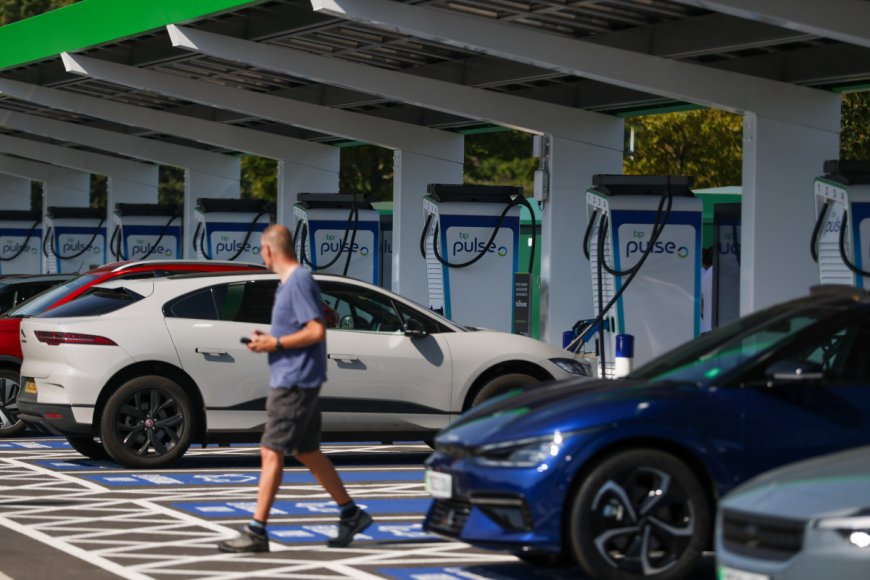New Biden proposal could have a chilling effect on EV adoption
The administration says EV sales have tripled under President Joe Biden, but a new proposal could make it harder to make the switch from gas engine cars.

President Joe Biden has identified reducing carbon emissions as a major goal of his presidency numerous times.
The U.S. transportation sector is the largest emitter of greenhouse gases in the U.S. economy, according to clean energy nonprofit RMI, and the country's 300 million ICE vehicles are a big contributor to those emissions.
Related: After Bud Light boycott, Kid Rock takes on huge retailer
His administration has promised to take "executive actions" to reduce emissions and "accelerate clean energy production" by any lawful means.
The adoption of electric vehicles as an alternative to gas guzzling internal combustion engine ones is central to his plan to achieve his administration's climate goals.
In October, Biden expanded the $7,500 federal tax credit created in the Inflation Reduction Act so that starting in 2024, new car buyers will be able to apply their government credits right at the dealership instead of claiming it on their taxes.
On the positive side, the tax credit has helped EV sales volumes set records, with total sales surpassing 1 million for the first time ever in 2023. Biden says EV sales have tripled under his administration.
But a new change the Department of Energy proposed Dec. 1 could hurt the progress Biden is trying to make.
Battery components can't be made by certain foreign entities
Language in the Inflation Reduction Act excludes certain EVs from qualifying for the full tax break if battery components were made by a foreign entity of concern.
The Energy Department proposes to "clarify" the definition of the term "foreign entity of concern" (FEOC) when considering which vehicles are eligible for the EV credit.
Car battery supply chains have a wide geographical footprint with parts coming from all over the world. Sometimes those parts come from places the U.S. is not currently friendly with.
The administration wants companies to be flagged as FEOCs if they are "owned by, controlled by, or subject to the jurisdiction or direction" of an unfriendly government.
Certain EVs may not be eligible for tax credit
Cars containing batteries containing any parts from companies in FEOC countries will become ineligible for the tax credit starting in 2024. By 2025, clean vehicles may not contain any critical minerals that were extracted, processed, or recycled by a foreign entity of concern in order to eligible for a tax credit, if the Energy Department's proposal is passed.
But since this is a democracy, the government is soliciting public comment using the Federal eRulemaking Portal at www.regulations.gov. A 30-day public comment period will commence upon the proposals publication in the Federal Register.
Get exclusive access to portfolio managers’ stock picks and proven investing strategies with Real Money Pro. Get started now.
What's Your Reaction?



























































